Description
THE BELOVED #1 NEW YORK TIMES BESTSELLER— FROM THE AUTHOR OF HANG THE MOON The extraordinary, one-of-a-kind, “nothing short of spectacular” ( Entertainment Weekly ) memoir from one of the world’s most gifted storytellers. The Glass Castle is a remarkable memoir of resilience and redemption, and a revelatory look into a family at once deeply dysfunctional and uniquely vibrant. When sober, Jeannette’s brilliant and charismatic father captured his children’s imagination, teaching them physics, geology, and how to embrace life fearlessly. But when he drank, he was dishonest and destructive. Her mother was a free spirit who abhorred the idea of domesticity and didn’t want the responsibility of raising a family. The Walls children learned to take care of themselves. They fed, clothed, and protected one another, and eventually found their way to New York. Their parents followed them, choosing to be homeless even as their children prospered. The Glass Castle is truly astonishing—a memoir permeated by the intense love of a peculiar but loyal family. The memoir was also made into a major motion picture from Lionsgate in 2017 starring Brie Larson, Woody Harrelson, and Naomi Watts.

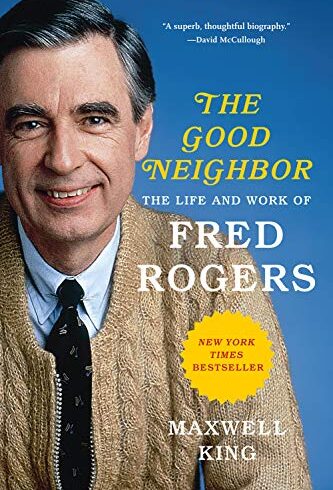
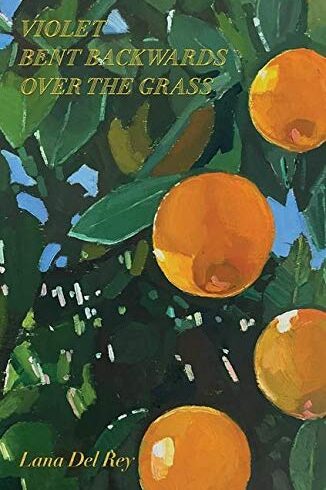

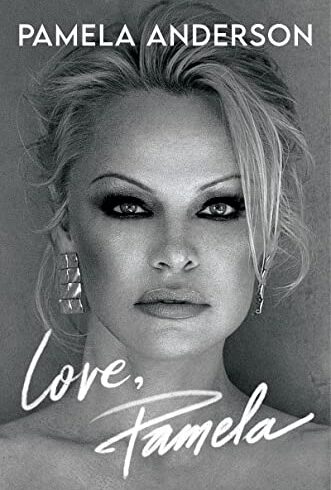
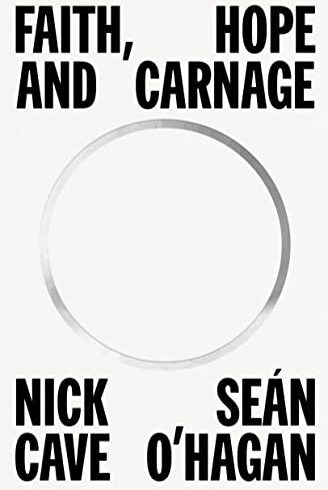


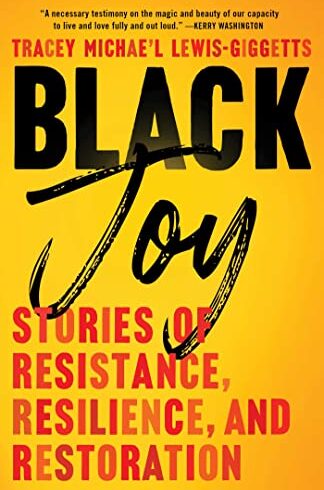
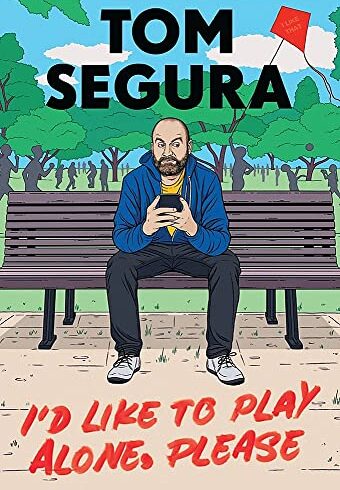




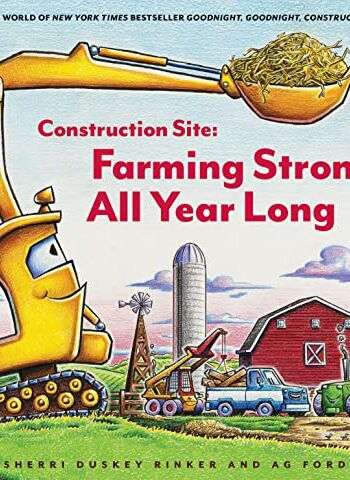
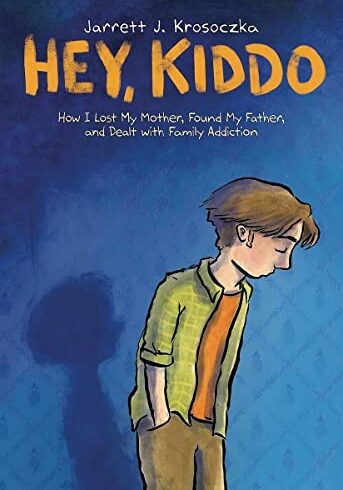
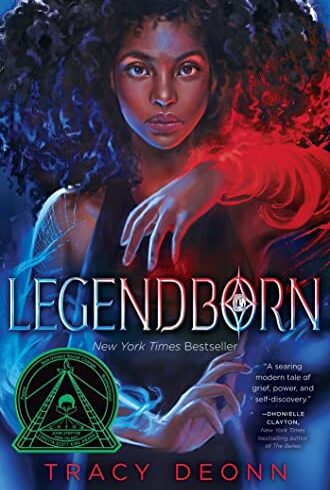


Amazon Customer –
Set equally in small desert towns and Welch, Virginia, Jeannette Walls writes about her experiences growing up poor. Her father, charismatic and intelligent, sees himself as a hero and rebel, when he is really a liar and unethical, alcoholic. Rose Mary Walls, her mother, has no concept of sacrificial love, ignoring her children’s needs while indulging herself throughout Jeannette’s life. The book, told in first person, testifies to the resilience of the Walls children. In spite of their parent’s neglect, Jeannette and her siblings support each other, ultimately escaping poverty. Jeannette becomes an award-winning author; her brother a police officer, and her older sister an illustrator. Apparently, the younger sister struggles with mental illness., The most powerful element of this book is the theme of fire. Examples of the author’s use of fire include: the author catching herself on fire at three years old; the glow of her father’s cigarette as he told them stories at night; him smelling like smoke; the scary incident of a burning shack; the kids collecting coal and wood to have a fire for warmth. Bullies call her “Matchstick.” She explains how she likes the wooden matchsticks over books of matches because of the sound they make. Jeannette’s fascination with fire includes melting a toy Tinkerbell’s face. One incidence of playing with matches ends up burning down a motel. She watches the flames from across the street. Her sister is burned after using kerosene to light wet wood. Jennette believes her father’s claim that he is “working on a technology to burn coal more efficiently” (171). The author recalls her father showing her how to pass her finger through a candle flame. Her Dad triggers a fire which destroys their Christmas tree and presents beneath it. She even mentions her home with her first husband did not have a fireplace., The most important quotes relate to this theme. Jeannette wonders if “fire had been out to get her” (34). As they watch the shimmering heat coming from a shack she and her brother set on fire, Jeannette’s father says, “…that zone was known in physics as the boundary between turbulence and order. It is a place where no rules apply or at least they haven’t figured ‘em out yet… You all got a little too close to it today” (61). This illustrates her entire life, living somewhere between turbulence and order. She has no stability, no food, no proper shoes. She is not clean. She is not protected from the elements, or from her enemies. She has reckless, foolish parents. At one point, her father instructs her to pet a cheetah. Even so, Jeannette learns to value herself, her siblings and learning. She pursues higher education. Though her parents are a mess; they teach her about: math, geology, desert survival, how to use weapons, reading and math. Sister Lori, learns how to draw and paint, but their parents do not teach their children about hygiene, nutrition, boundaries, or integrity. The final line of the novel connects back to the most important quote. The family gathers after Rex’s death. Jeannette watches candles burning. She says, “A wind picked up, rattling the windows, and the candle flames suddenly shifted, dancing along the border between turbulence and order” (288). The reader is reminded of her father and the theme of fire. Jeannette Walls lived her entire life in that zone, between turbulence and order, doing her best to figure out the rules., The least likable person is Jeannette’s mother whom she presents as an optimistic, artistic, and carefree soul. Actually, she is a narcissistic hedonist, whose children should have been taken away from her. One reason a family exists is to provide for and protect the welfare of children. Mary Rose Walls, did neither. She did not feed, clean, clothe, shelter or supervise her children. She did not respond to their complaints of being fondled, by providing a secure environment or, by reporting or removing molesters, or bullies. Her selfishness is both sad and sort of disgusting. Infestations of flies, rats and roaches do not motivate her to sell valuable real estate, an expensive ring, or nice car. She buys art supplies and fantasizes about establishing herself as an artist. When she refuses to go to work. Her oldest daughter Lori prompts her by appealing to her love of fun and self. Lori says, “Teaching is rewarding and fun. You’ll grow to like it” (74). Though her kids are malnourished and hungry, Rose Mary refuses government aid but is caught sneakily eating a family sized chocolate bar. She never leaves her abusive, alcoholic husband because she is Catholic but she also admits “because she’s addicted to the excitement” (93). After her husband dies from a heart attack, she says, “Life with your father was never boring” (288). She says this as if it was the most important thing about him., The book has been successful. It spent seven years on the New York Times Best, Sellers List. According to Simon and Schuster books, The Glass Castle won five awards:, ALA Alex Award; ALA Popular Paperbacks for Young Adults; Eliot Rosewater HS Book Award(IN); Pennsylvania School Librarian Association “Top Ten (or so) Young Adult Books; and Virginia Reader’s Choice Award Master List. (“The Glass Castle.” ), The story is not without flaws. Jeannette relates events but fails to communicate the related emotions of growing up hungry, dirty, cold and powerless. What she does convey well is the power of hopefulness. For most of her life she thought her father would find gold and build the Glass Castle. She believed in him. When she realizes the ‘Glass Castle’ will never be built, she does not lose her optimism. Instead, her hope shifts to escaping life in Virginia., The story is not about forgiveness. Jeannette Walls assumes she and her parents simply have different values. Where there is no guilt, there is no need for pardon. The denial of a problem rankles. It is not simply alternative values that fails to buy school clothes, shoes, and lunches. Good men do not avoid paying bills. They do not throw beloved pets from cars, repeatedly endanger and refuse medical care for their kids. Jeannette’s parents withheld valuable resources, sabotaged their children’s success and actively betrayed them. They did not simply have another set of beliefs. They were unfit, neglectful parents., I do recommend the book. The author tells her story. She recounts what it is like to live “in a world that at any moment could erupt into fire” (34). Well-written, this book is a memorable read, but not a pleasant one.
artemis 1291 –
Dickensian world of poverty is so abominably tenebrous that we tend to think of it simply as an anachronistic, if not antediluvian, work of fiction apropos of a bygone Victorian era, without translating its elemental essence of nobleness of human spirit that arises from predicaments into our own zeitgeist. The fictitious characters of Oliver Twist, David Copperfield, and Pip are the embodiment of such resilience, phoenix-like spirits enduring sordid conditions that life could impose upon us to the extent possible. Spinoza, the Dutch thinker and watchmaker, once said that it is Amor fati, love of fate, by which man’s inner strength could raise him above his outward fate. In fact, Nietzsche centuries after corroborated by saying: “That which does not kill me only makes me stronger.” Given the above axioms, what if someone in our contemporary time a fortiori lives to tell such victory of human spirit? That was the reason that I chose The Glass Castle by Jeannette Walls. All of the aforesaid noble triumph of human spirit over existential horrors of life is substantively and stoically recorded in this compelling living memoir with all her spirit, with all her intelligence, and with all her heart., The story starts as Walls invites us to board her memory train and travel back in times until we return to where we depart along the long and winding railroads of her windy but beloved past. We meet her charismatic, intelligent father whose engineering feats are passed in smolder by his ever independent, anti-establishment, recalcitrant spirit a fortiori emboldened by a spirit of Dionysian portion. The artistically inclined mother is all liberality: She is a devout Catholic – although far from being sanctimonious – and has a heart of gold, save a practical sense of the world. Then there are one brother and two sisters, all of whom are highly intelligent and well-behaved thanks to the moral upbringing by their parents. The parents do not have the gumption to support their children, let alone themselves in terms of economic security, which was the cause of the existential ills of the family, pushing Walls into a position of a de facto breadwinner of the family., What is most profoundly august about Walls through living amid the straits of constant economic insecurity, frequent threats of family separation by social agencies, and dangers of physical harassments was her strong sense of responsibility for her life and for her family that enabled her to endure the existential predicaments. Many people mired in such situations might have develop disputatious streaks of rebellion against everything ascribed to them. However, Walls and her siblings took different attitudinal values to their existential dilemmas: they held on to a sense of purpose and a tenacious grasp on togetherness nurtured by their yearning to achieve a higher aim in life. In fact, such attitude toward life corresponds to one of the tenets of Logotheraphy: in order to find a meaning of life however trivial or nihilistic it many seem, taking a different, constructive stance on what is ascribed helps us to rise above biological, social, and cultural inhibitions during a difficult times because we give our suffering meaning by the way in which we respond to. Which also brings us back to Spinoza’s Amor fati axiom: a different approach to our suffering is sublimated into supremeaning of life in travails by believing in its meaning to every situation with will to live a meaningful life, which then ceases to be a suffering itself., The literary merit of this memoir lies in its absence of unbridled namby-pamby outpourings of emotions in the narrative with a certain air of stoicism. Ironically, Walls’s frank, touchy-willy, matter-of-fact manner of discoursing her story belies her overwhelmingly heartrending heartaches, disappointments, and dismay smothered under factual descriptions of her past that renders the authority of truth and the power of reality without hindrance of prohibitive emotions that often results in fabrication. In her literary confession, Wall achieves catharsis by putting what was in her mind on pages after pages, pushing her pen through in expense of her will to come to terms with her parents, let alone herself, producing forgiveness of her parents’ wrongdoings and acceptance of their frailties in a package of love and tenderness., All in all, Walls’ s message to her reader is clear: you can’t choose your fate, such as a family, but you can choose what to make out of what you are given. In one way or another, the story itself chimes the bells of emotions and thoughts of many of us: the problems and issues that the Walls had and the ones we have or had may have are not oranges and apples through our voyages of life. Walls shows us that notwithstanding all the vicissitudes of life, self-reliance, resilience, and determination helps us to sail through with cheerfulness and humor as handmaids to courage. This honest-to-goodness tale of a woman rising above the planes of her inhibitions speaks straightly to our hearts. This book is a one-of-kind testament to its veracity and quality that upon reading this book, you will feel as if you knew Walls telling a story with a sense of elemental kinship which you can relate to. Moreover, this bona fide memori gives us a sense of relief that no family is perfectly blissful, which resonates with Tolstoy’s view of families as inscribed on the first page of Anna Karenina: “All happy families are alike; each unhappy family is unhappy in its own way.”
Kindle Customer –
The author did a brilliant job of depicting her “unusual” family and her years growing up. I love reading bios and autobiographies and this one is a corker! Since other reviews give more specific details, I won’t go there. All I can say is you can’t make this stuff up to be any more entertaining than this true life tale as Walls experienced it. Crazy doesn’t even begin to cover it. Maybe insane is better. 😋 And at least three of the four kids turned out quite well.
Amazon Customer –
So many times while reading this I had to remind myself it is a memoir. Yikes! We need to read things like this to understand what the foundation of people we interact with! Thanks for enlightening me!!!
Lynn –
An interesting story of a family that makes you wonder how they ever survived. This book was well written and hard to put down. I would definitely read more books written by this author.